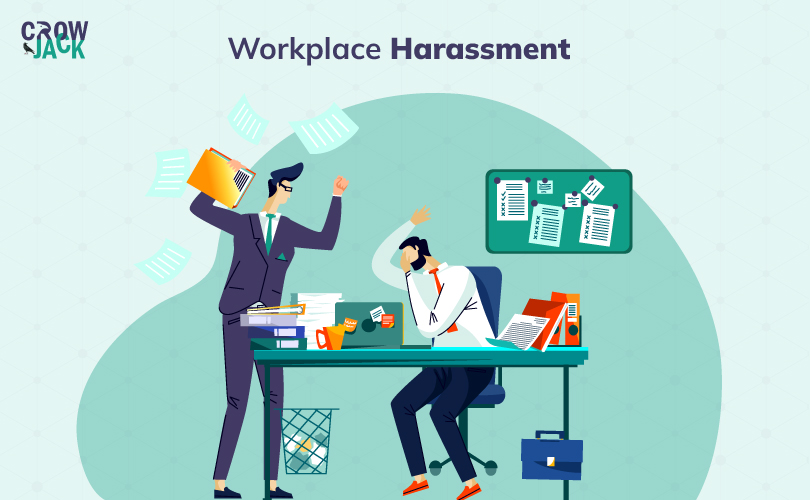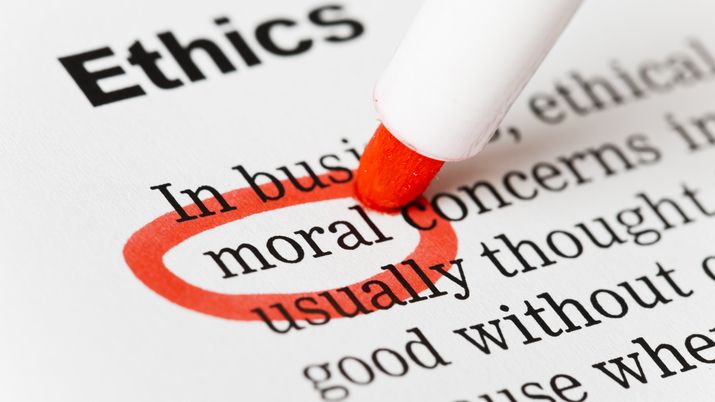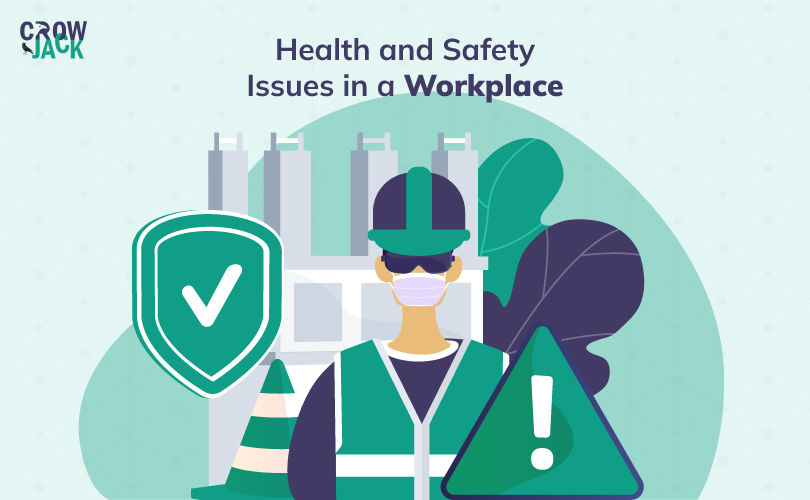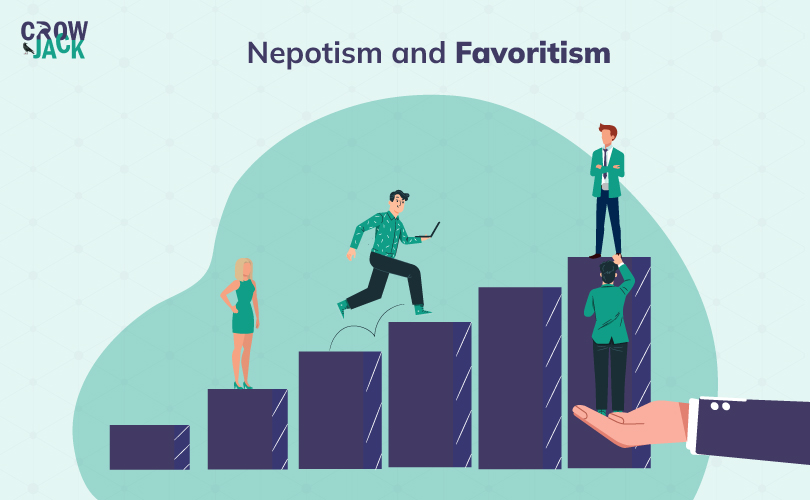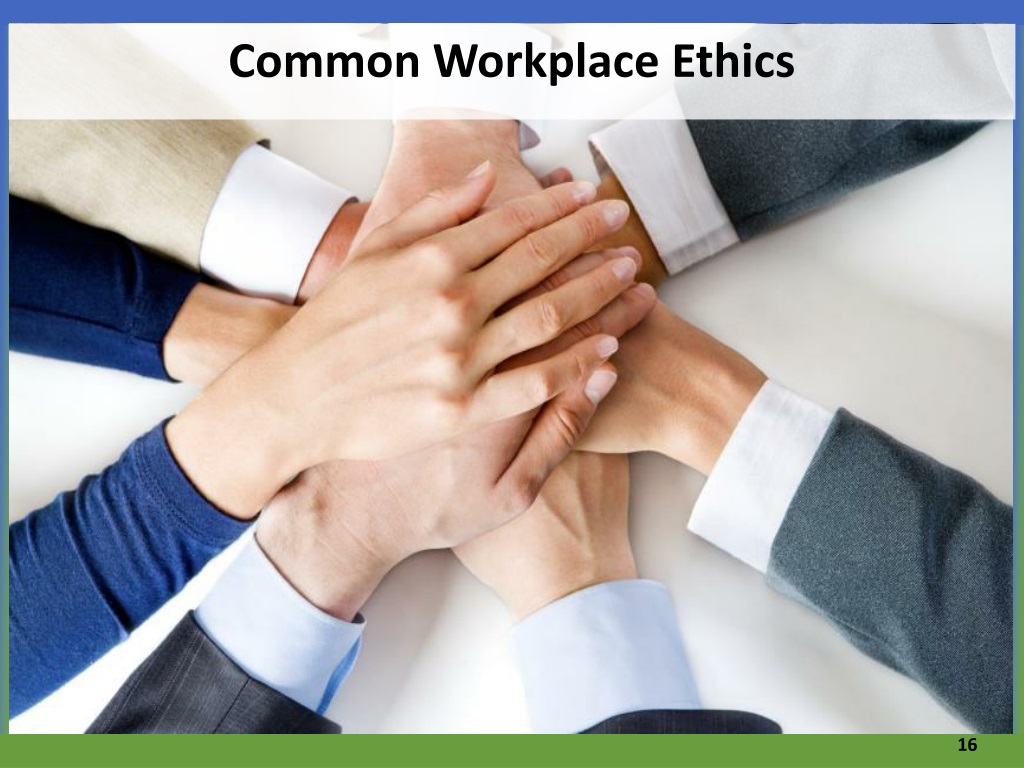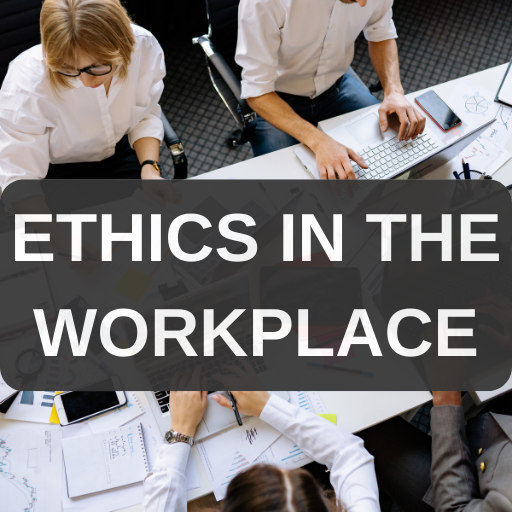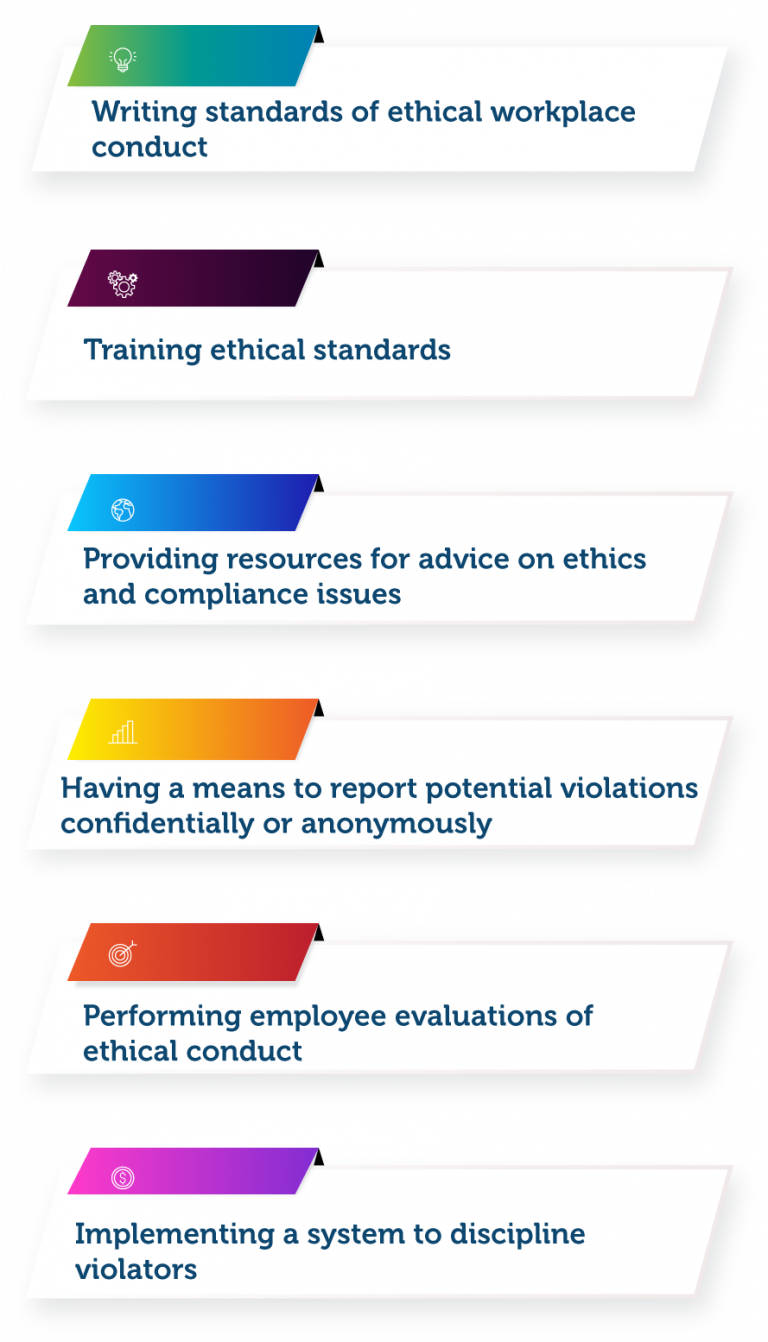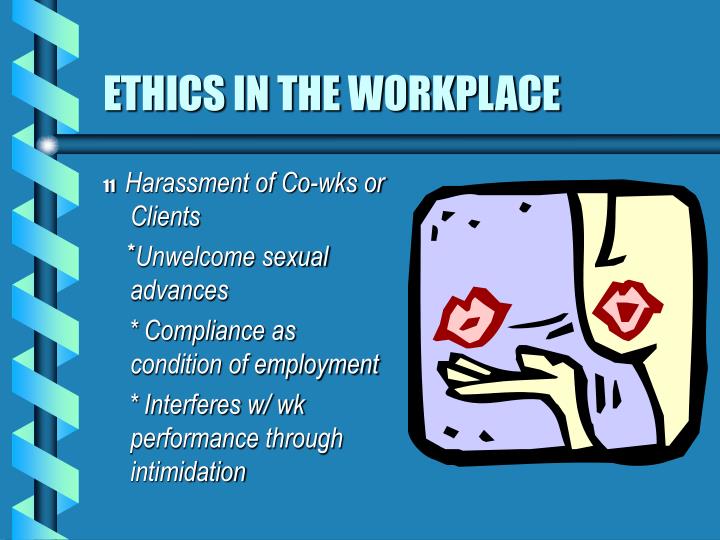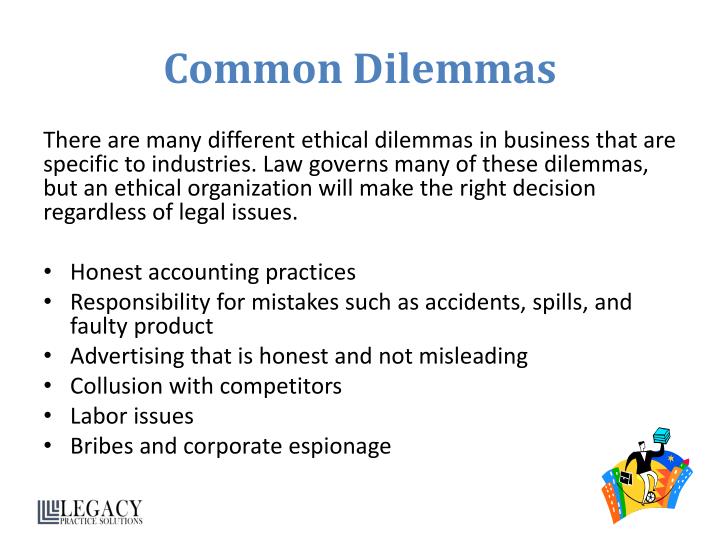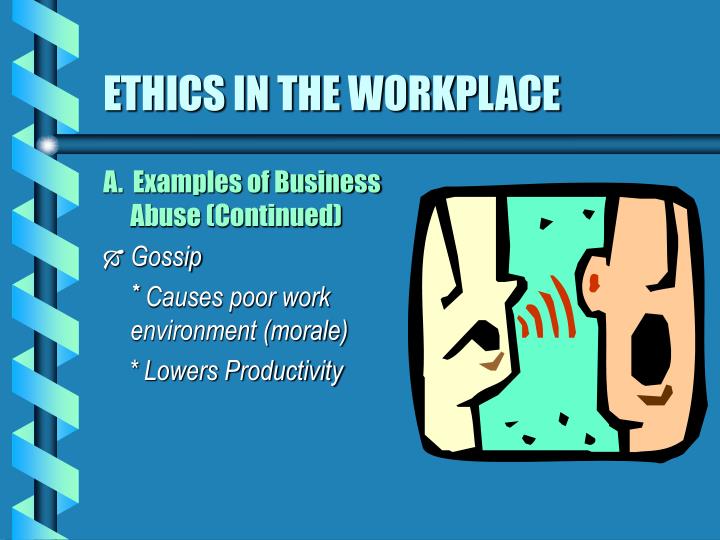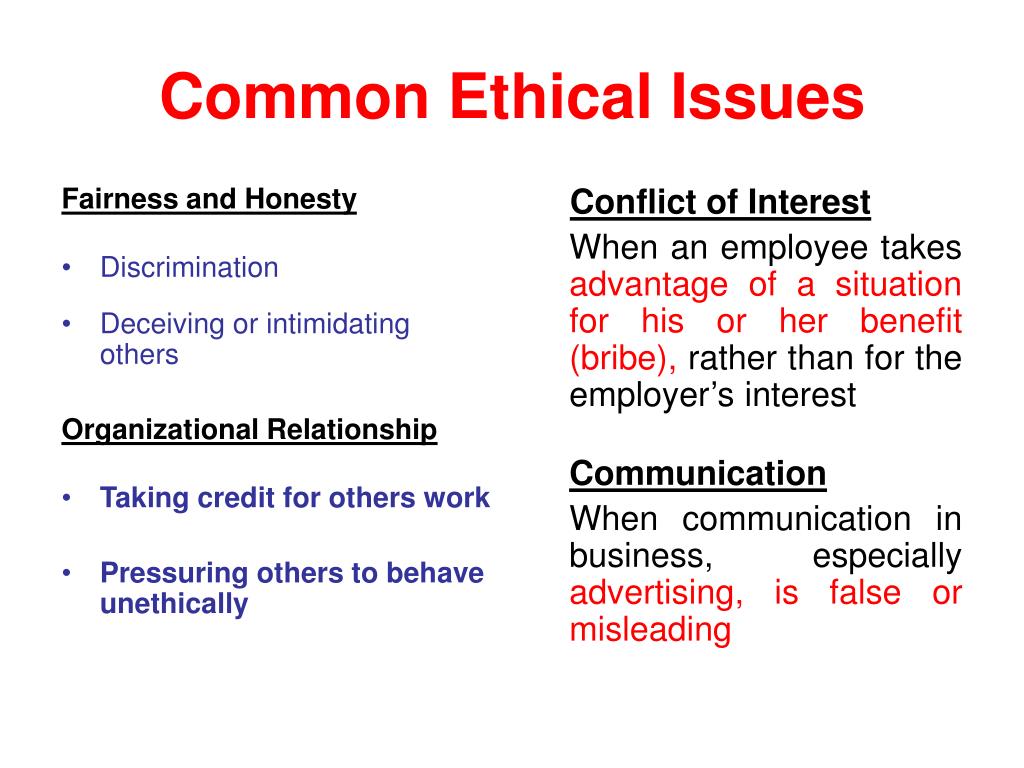Common Ethical Issues In The Workplace
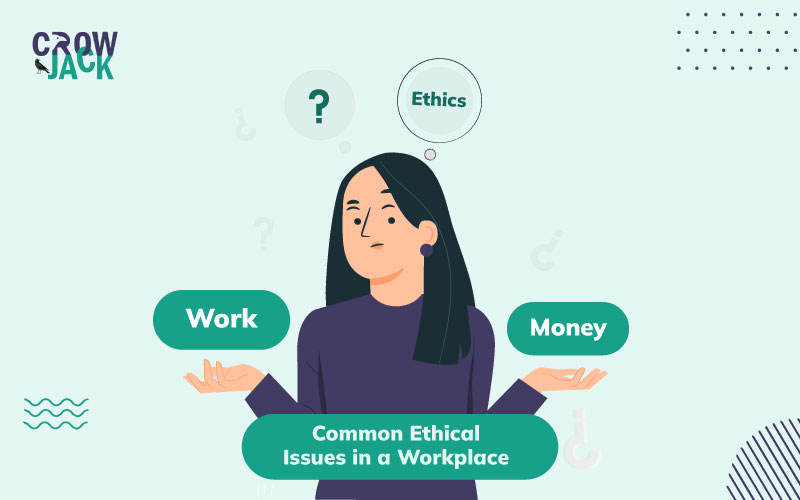
Ethical dilemmas are an unavoidable part of modern workplaces, ranging from minor conflicts of interest to serious instances of fraud and discrimination. These issues can erode trust, damage company reputations, and even result in legal repercussions.
The consequences of ethical lapses can ripple outwards, affecting employees, customers, shareholders, and the wider community. Understanding the common ethical challenges that arise in the workplace is the first step towards fostering a more ethical and responsible corporate culture.
Common Ethical Issues
Numerous ethical issues surface in the workplace. These are often subtle and require careful consideration.
Conflicts of Interest
A conflict of interest arises when an employee's personal interests clash with the interests of the organization. This can manifest in various forms, such as accepting gifts from vendors, using company resources for personal gain, or having a financial stake in a competitor.
According to a 2023 report by the Ethics & Compliance Initiative (ECI), conflicts of interest are consistently cited as a major ethical concern by employees across various industries.
Discrimination and Harassment
Discrimination based on race, gender, religion, age, or other protected characteristics is illegal and unethical. Similarly, harassment, including sexual harassment, creates a hostile work environment and can have devastating effects on victims.
The Equal Employment Opportunity Commission (EEOC) receives thousands of discrimination and harassment complaints each year, highlighting the prevalence of these issues in the workplace.
Data Privacy and Security
With the increasing reliance on technology, organizations have access to vast amounts of personal data. Protecting this data from breaches and misuse is a critical ethical responsibility.
Failure to comply with data privacy regulations, such as the General Data Protection Regulation (GDPR) or the California Consumer Privacy Act (CCPA), can result in hefty fines and reputational damage.
Intellectual Property
Intellectual property (IP), including patents, trademarks, and copyrights, is a valuable asset for many organizations. Protecting and respecting IP rights is crucial for maintaining a competitive advantage and fostering innovation.
Ethical concerns arise when employees use company IP for personal gain or disclose confidential information to competitors.
Transparency and Honesty
Transparency and honesty are fundamental ethical principles that should guide all workplace interactions. Misleading stakeholders, withholding information, or engaging in deceptive practices can erode trust and damage relationships.
A 2022 survey by PwC found that a lack of transparency is a major factor contributing to employee distrust in leadership.
Addressing Ethical Issues
Organizations can take several steps to mitigate ethical risks and promote a culture of integrity. These include developing a comprehensive code of ethics, providing ethics training to employees, establishing clear reporting mechanisms, and fostering open communication.
Companies like Patagonia are renowned for their commitment to ethical practices, demonstrating that a strong ethical foundation can be a competitive advantage.
Creating a culture where employees feel empowered to speak up about ethical concerns without fear of retaliation is crucial. Organizations must also ensure that ethical violations are investigated thoroughly and that appropriate disciplinary action is taken.
The Human Cost
The consequences of unethical behavior can extend beyond legal and financial ramifications. They often have a significant human cost. Employees who witness or experience unethical conduct may suffer from stress, anxiety, and decreased job satisfaction.
"I felt like I was complicit if I didn't say something, but I was terrified of losing my job," said a former employee of a company accused of fraudulent accounting practices, speaking on condition of anonymity.
This illustrates the difficult position many employees face when confronted with ethical dilemmas.
Conclusion
Ethical issues are a constant challenge in the modern workplace. By recognizing these issues, implementing robust ethical frameworks, and prioritizing transparency and accountability, organizations can foster a culture of integrity and create a more positive and sustainable business environment.
Ultimately, a commitment to ethical behavior is not only the right thing to do, but it is also essential for long-term success.

